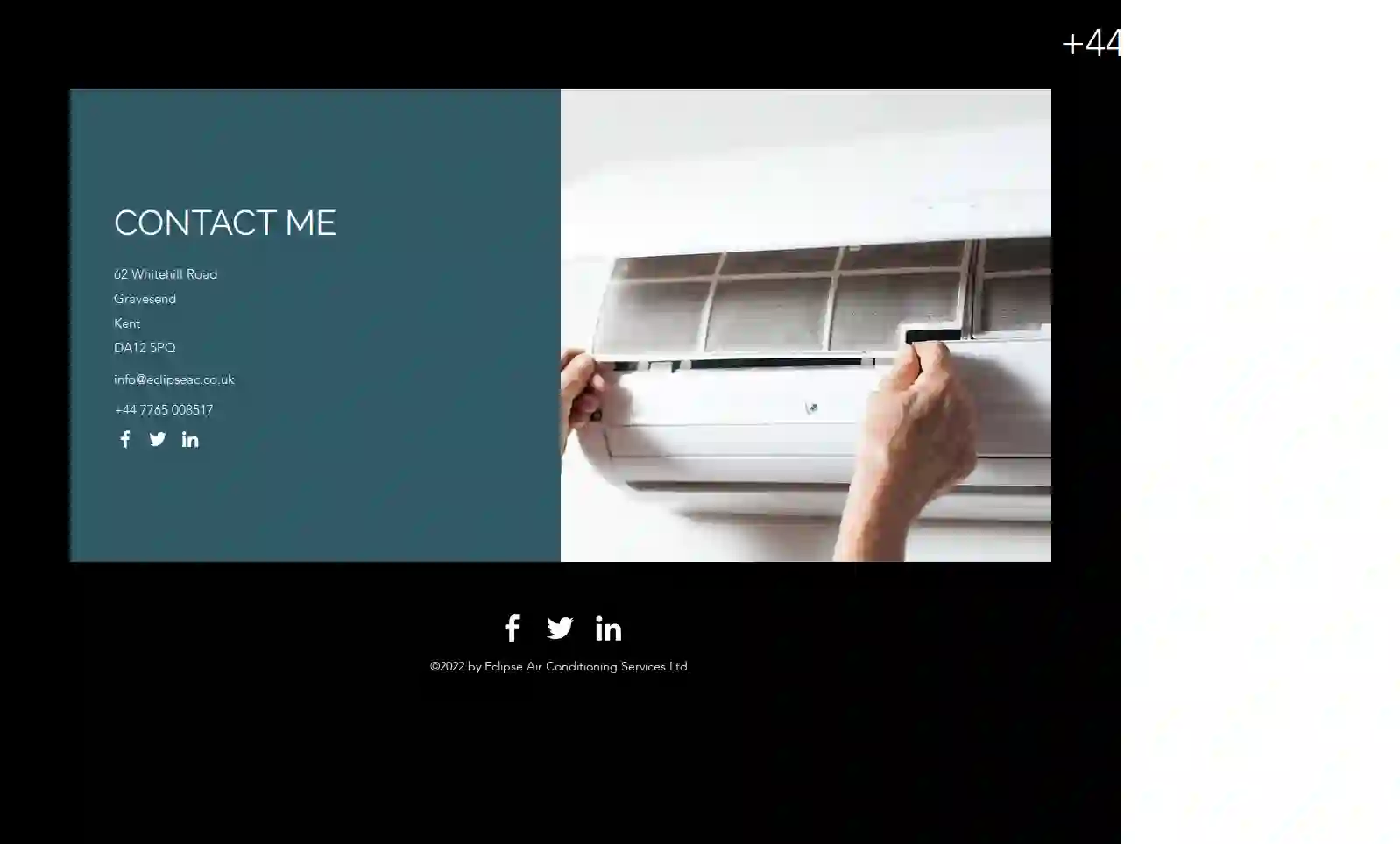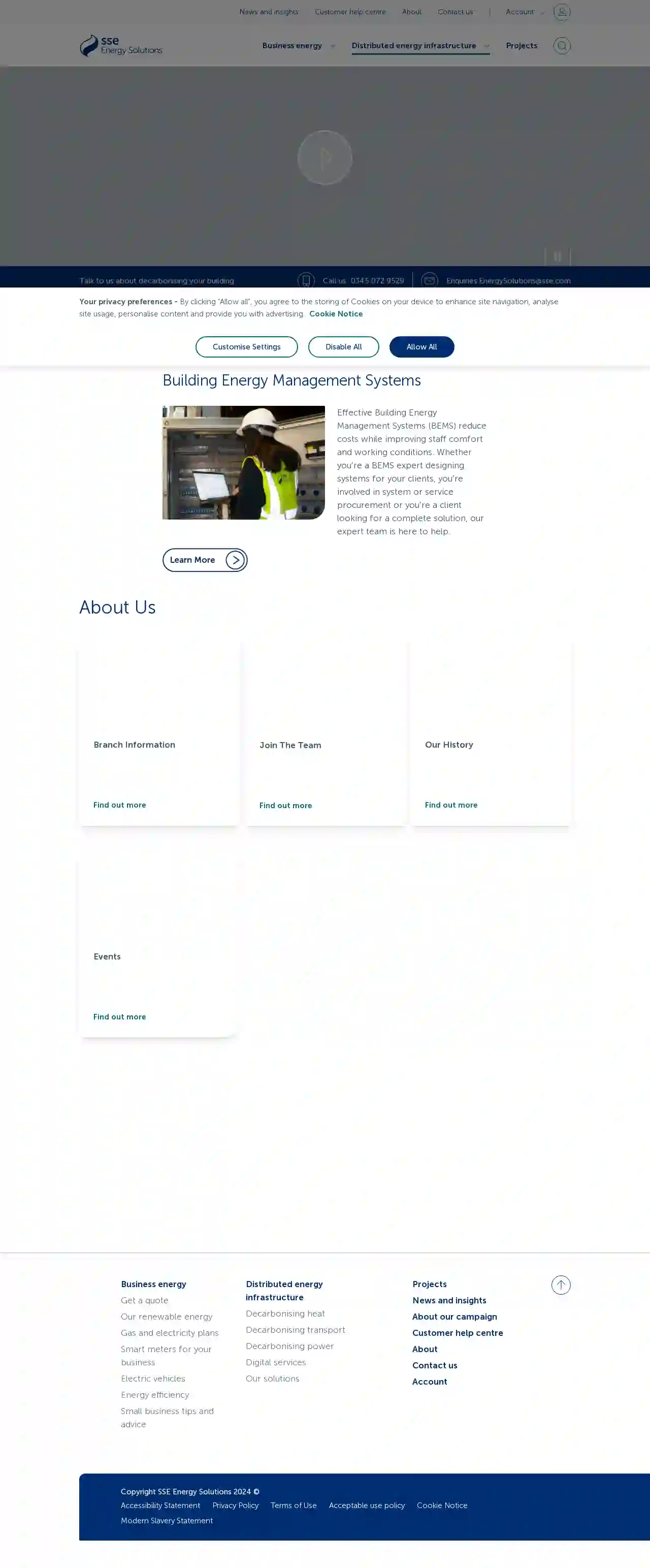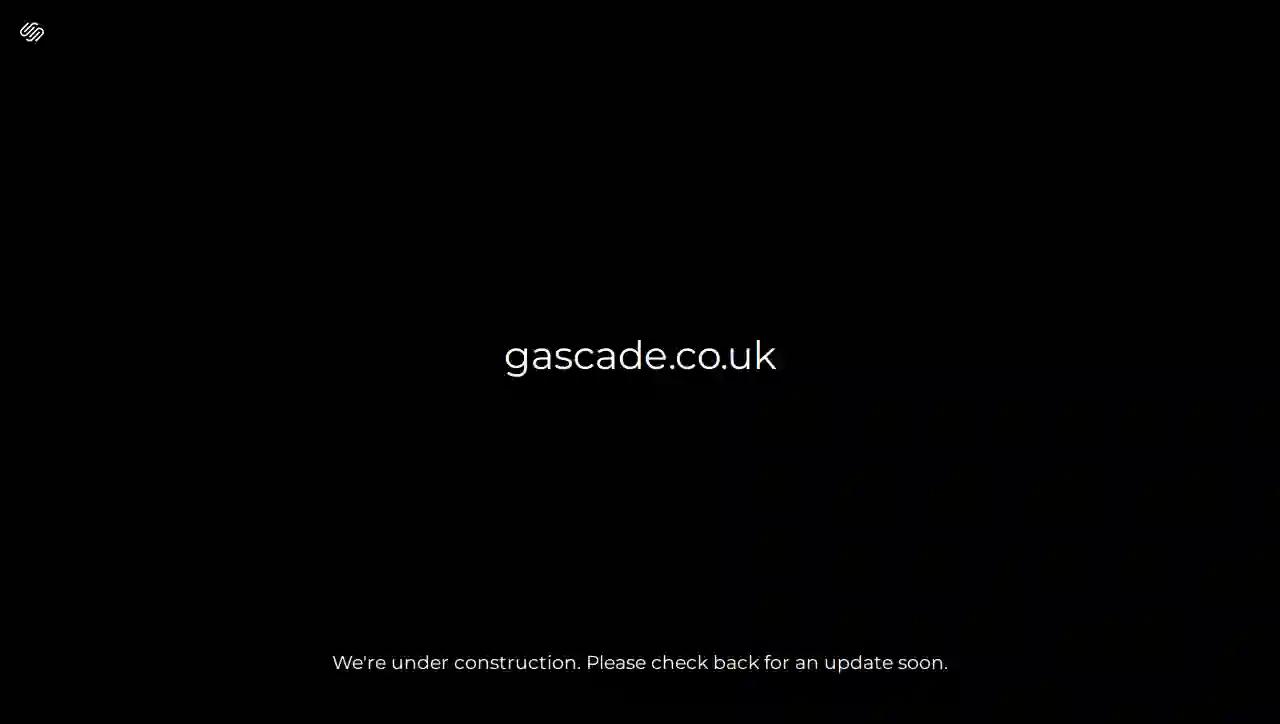Furnace Repair Fleet
Best Furnace Repair in Fleet
Get 3 FREE Furnace Service quotes for your project today! Compare profiles, reviews, accreditations, portfolio, etc... and choose the best offer.

Eclipse Air Conditioning Services Ltd
51 reviewsGravesend, Kent, 62 Whitehill Road, DA12 5PQ, GBAt Eclipse Air Conditioning Services Ltd, we are a fully accredited and insured company with over 15 years of experience in providing top-notch air conditioning services. Our mission is to deliver exceptional customer service, ensuring our clients receive the best possible solutions for their air conditioning needs. Our team of experts is dedicated to providing a personalized approach, ensuring every project is tailored to meet the unique requirements of our clients. With a strong focus on quality and customer satisfaction, we strive to build long-lasting relationships with our clients. Contact us today to learn more about our services and how we can help you achieve your air conditioning goals.
- Services
- Why Us?
- Gallery
Get Quote
SSE Enterprise Energy Solutions
1100 Victoria Road, Aberdeen, AB10 1XL, GBSSE Energy Solutions is a leading provider of smart building solutions, helping businesses and organisations reduce their energy consumption, improve efficiency and lower their carbon footprint. Our team of experts has a wealth of experience in designing, installing and managing smart building systems, and we work closely with our clients to understand their unique needs and develop tailored solutions. We offer a comprehensive range of smart building solutions, including: Building Management Systems (BMS) Energy Management Systems (EMS) Lighting Control Systems HVAC Control Systems Renewable Energy Integration Our smart building solutions can help you: Reduce your energy bills Improve your building's efficiency Lower your carbon footprint Enhance occupant comfort Improve building security Contact us today to learn more about how our smart building solutions can benefit your business.
- Services
- Why Us?
Get Quote
Gascade
510 reviewsFleet, GBWe're under construction. Please check back for an update soon.
- Services
- Why Us?
- Gallery
Get Quote
GDHS Plumbing & Heating
519 reviewsFleet, GBGDHS was established in 2009 and originally carried out general plumbing and heating works, and has since then evolved into delivering high spec residential developments, from single units to blocks of flats. We pride ourselves on our professional service, high standard of quality, and our extensive plumbing and heating knowledge gained through our years working in the industry. Located in Kent, GDHS operates throughout the South East and has successfully delivered a vast amount of projects, working closely with our clients to ensure their requirements are met and delivered on time. Need a quote for your project. Feel free to get in touch with our team, we'd be happy to help with any queries.
- Services
- Why Us?
- Testimonials
- Gallery
Get Quote
Over 1,991+ HVAC Contractors on our directory
Our HVAC contractors operate in Fleet & surroundings!
HVACCompaniesHub has curated and vetted the Best HVAC Businesses arround Fleet. Find the most reliable business today.
Frequently Asked Questions about Furnace Repair
- Turn off the furnace: Set the thermostat to the 'off' position.
- Turn off the power: Locate the circuit breaker for your furnace and switch it off.
- Wait: Wait at least 30 seconds, though longer is sometimes recommended for the system to fully power down.
- Turn the power back on: Flip the circuit breaker back to the 'on' position.
- Turn on the furnace: Turn the thermostat back on and set it to your desired temperature.
- Change Air Filters Regularly: A clean air filter improves airflow, allowing your furnace to work more efficiently. How often you need to change your filters depends on factors like pets, smoking, and air quality.
- Schedule Annual Maintenance: An annual tune-up by an HVAC technician can optimize performance to improve efficiency.
- Seal Air Leaks: Prevent drafts from making your furnace work harder. Proper sealing increases energy efficiency and makes your home more comfortable overall.
- Upgrade Insulation: Make sure your home has adequate insulation in attics, walls, and floors to reduce heat loss.
- Use a Programmable Thermostat: Optimize temperature settings and automate them.
- Consider Zoning: If you have rooms that are rarely used or have inconsistent temperatures, consider installing a zoning system. divides your home into separate zones, each with its own thermostat, allowing for custom climate regulation.
- Age: If your furnace is 15-20 years or older, it is likely nearing the end of its lifespan and more expensive to operate.
- Frequent Repairs: If your furnace requires constant attention, it may be a better financial decision to replace it than to continue fixing it.
- Increasing Energy Bills: A significant increase in your heating bills might suggest that your furnace is losing efficiency.
- Inconsistent Heating: Uneven temperatures throughout your house could mean your furnace is no longer distributing heat evenly.
- Strange Noises: Listen for odd noises coming from the unit.
- Yellow Flame: A healthy furnace flame should be blue. A yellow flame can indicate a problem with the burners or venting. A yellow flame requires immediate attention.
- Dry Air: If you notice excessive dryness, a new furnace could provide increased comfort.
- Natural Gas Furnaces: fueled by natural gas Natural gas furnaces offer cleaner energy, especially compared to oil.
- Propane Furnaces: Propane furnaces are similar to natural gas furnaces These are a good option in areas where natural gas isn't accessible.
- Oil Furnaces: Oil furnaces burn heating oil as fuel, which is stored in a tank. Oil units may require additional considerations for fuel storage and delivery.
- Electric Furnaces: Electric furnaces use electric resistance heating elements to generate heat.. They are typically less expensive to purchase than gas furnaces, but they can be more expensive to operate depending on your electricity rates.
How do I reset my furnace?
How can I improve the efficiency of my furnace?
What are the signs that my furnace needs to be replaced?
What are the different types of furnaces?
How do I reset my furnace?
- Turn off the furnace: Set the thermostat to the 'off' position.
- Turn off the power: Locate the circuit breaker for your furnace and switch it off.
- Wait: Wait a few minutes for the system to reset.
- Turn the power back on: Flip the circuit breaker back to the 'on' position.
- Turn on the furnace: Turn the thermostat back on and set it to your desired temperature.
How can I improve the efficiency of my furnace?
- Change Air Filters Regularly: A clean air filter improves airflow, allowing your furnace to work more efficiently. How often you need to change your filters depends on factors like pets, smoking, and air quality.
- Schedule Annual Maintenance: An annual tune-up by an HVAC technician includes inspection, cleaning, and adjustments An annual checkup can extend the lifespan of your furnace.
- Seal Air Leaks: Seal any air leaks in your home's ductwork, windows, and doors. Proper sealing increases energy efficiency and makes your home more comfortable overall.
- Upgrade Insulation: Make sure your home has adequate insulation in attics, walls, and floors to reduce heat loss.
- Use a Programmable Thermostat: Optimize temperature settings and automate them.
- Consider Zoning: If you have rooms that are rarely used or have inconsistent temperatures, consider installing a zoning system. divides your home into separate zones, each with individual temperature control, allowing you to heat or cool only the occupied areas, saving energy and improving comfort..
What are the signs that my furnace needs to be replaced?
- Age: If your furnace is 15-20 years or older, it is likely less efficient and more prone to breakdowns.
- Frequent Repairs: If your furnace requires constant attention, it may be a better financial decision to replace it than to continue fixing it.
- Increasing Energy Bills: A significant increase in your heating bills might suggest that your furnace is losing efficiency.
- Inconsistent Heating: Uneven temperatures throughout your house could mean your furnace isn't functioning as it should.
- Strange Noises: Listen for odd noises coming from the unit.
- Yellow Flame: A healthy furnace flame should be blue. A yellow flame can indicate the presence of carbon monoxide, which is a serious safety hazard. A yellow flame requires immediate attention.
- Dry Air: While not a direct indicator of malfunction, older furnaces can make your indoor air very dry.
What are the different types of furnaces?
- Natural Gas Furnaces: fueled by natural gas Natural gas furnaces offer cleaner energy, especially compared to oil.
- Propane Furnaces: Propane furnaces are similar to natural gas furnaces These are a good option in areas where natural gas isn't accessible.
- Oil Furnaces: Oil furnaces are less common than gas or propane furnaces but still used in certain regions. Oil units may require additional considerations for fuel storage and delivery.
- Electric Furnaces: Electric furnaces are fueled by electricity. Their installation cost is usually lower, but electricity prices can affect operating costs significantly.